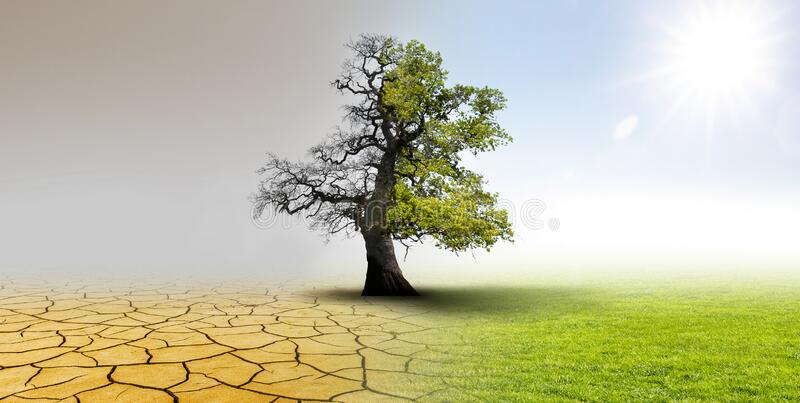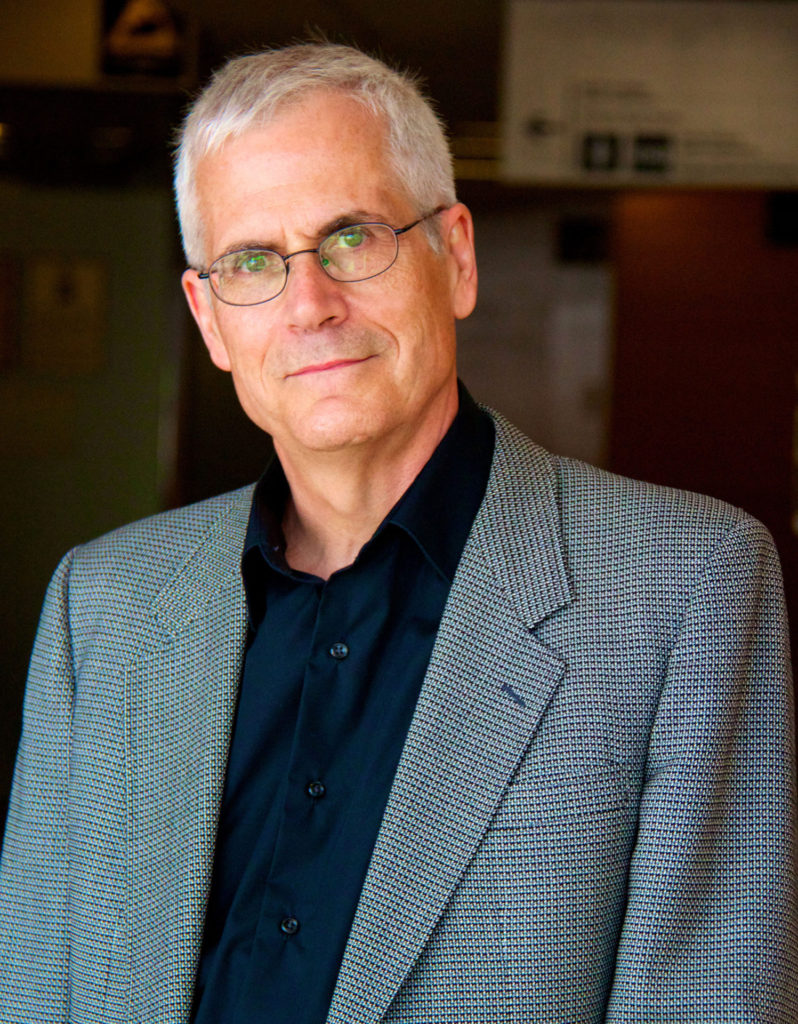
Each crisis of our 21st century world gives birth to new “warriors” who use truth and science to help us safely navigate calamities. Our ongoing pandemic is a prime example. Out of the chaos of a muddled anti-science leadership effort in 2020 emerged dedicated scientists, researchers, and companies who swiftly developed vaccines that are saving millions of lives and slowing COVID-19’s spread. And of course, there are our doctors, nurses, and other healthcare workers who fought valiantly against the rising tide of infections. Where would we be without them?
As the pandemic wanes, at least in those states and countries with high vaccination rates, the recent deadly eruption of heat waves, wildfires, droughts, vicious storms, and other unusual weather phenomena has forced us to worry anew about an older crisis that represents an existential threat. Climate change is the proverbial bull in our delicate environmental china shop. As many scientists—who have spent lifetimes studying atmospheric and other associated sciences—have been saying for decades, human-driven warming of our atmosphere is to blame for widespread disruption of our natural climate patterns. And it’s only getting worse.
There are new warriors aplenty on the climate change front. Two who have have drawn much of the attention are distinguished Penn State atmospheric science professor Michael Mann and the passionate young Swedish activist Greta Thunberg. (I wrote about Mann’s latest book here.)
Enter Canadian Gerald Kutney. A noted author on the politics of the climate crisis and holder of a Ph.D. in chemistry, Kutney has over the last five years established himself as a fierce social media influencer and combatant against those who peddle misinformation about climate change. Kutney and others call the disinformation players “climate change deniers.”

“They’re a small but loud and aggressive group,” says Kutney, who began following the climate change discussion a decade ago when he began work on his 2014 book, “Carbon Politics and the Failure of the Kyoto Protocol.” It was his first formal entry into the discussion. In 2016 he grew increasingly frustrated with vitriolic attacks against the empirical science of climate change and personal attacks on scientists sounding the alarm. He decided to become more active on social media platforms, especially Twitter.
“I will admit that it quickly became an obsession,” Kutney explained when we spoke in early June. He refused to allow unscientific claims and wild conspiracy theories to go unchallenged. Instead, he met them head-on by citing peer-reviewed science supporting the overwhelming consensus of researchers. “Doctor Mann was one of my inspirations. I was mortified by how some American politicians persecuted and prosecuted him. I thought this wasn’t right, so I decided to fight back,” Kutney says.
He joined Twitter in 2012, and his use accelerated four years later when he made the decision to fight. At first Kutney’s primary tactic was to combat misinformation and attacks with solid scientific information. He realized after a few years and thousands of tweets that, “I was playing their game. The minute I engaged them by supplying hard scientific data, I was doing what they wanted me to do … which was getting involved in a debate on the topic, when in fact there is no debate. These are not stupid people. They want to convince the public there’s a real debate going on. I knew I had to change my tactics.”
After analyzing how the discussion played out on Twitter Kutney realized he needed to flip the table. He asked himself how he could play better offense.
Kutney started challenging climate change deniers to support their claims. He knew most of them were simply picking up an unsubstantiated assertion or report on the web or social media platforms and re-posting them. “I challenge them to show proof they’re using real science,” he says. “Now they’re answering my questions. They are on the defensive. In the vast majority of cases where I push back this way, the conversation collapses.”
Still, Kutney felt like a lone fighter in the social media battlefield. He was often overwhelmed with online attacks from trolls and others. During one weekend in 2018, he was involved with a well-known climate change denier in a furious exchange that generated about 100,000 Twitter impressions. “I was exhausted,” he says. “I needed to find a better way.”
He started looking at Twitter hashtags as a way of not only calling more attention to what he was doing but also to find more support. This ended up being one of his most successful moves. But first he needed to find a hashtag that was catchy and would help him better brand his movement. He finally settled on “#ClimateBrawl.” It spoke to the literally bare-knuckled tussles in the ongoing climate change dialogue.
“I was stunned with the results—the feedback was tremendous,” Kutney says. “Pretty soon it turned into the bat signal in Gotham,” from the Batman comics and movies. “When you need help you shoot the ClimateBrawl spotlight into the sky.”
Others joined Kutney and quickly began using the hashtag. “For me it changed Twitter forever. I was no longer alone in fighting fanatical climate change deniers. It was a simple but effective way of bringing more people to the table,” he says. “We have hundreds around the globe using it now.”
Kutney’s crusade continues unabated. His prolific tweets blend tough love with gentlemanly put downs. An example from a closing exchange with an aggressive climate change denialist on June 30: “Your ignorance is not knowledge. Your tweets demonstrate your character and credentials. No need to engage further. You have a nice evening.” Kutney is not afraid of using tougher language. Another tweet from June 30: “Climate change deniers: Are you willfully ignorant or just stupid!? In any case, you are committing crimes against humanity and the entire biosphere.”
Kutney’s favorite phrase on Twitter is “Climate DENIAL is a lost cause.”
***
When he’s not wielding his Twitter sword, Kutney—a former adjunct professor at the University of Northern British Columbia and a frequent climate change interviewee on news media outlets in Canada and abroad—gives guest lectures and contributes newspaper and online Op Eds on climate change. He’s an elected fellow of the Royal Canadian Geographical Society.
But the Twitter war remains at the core of his daily work. He is consistently ranked as a top global influencer on climate science. He regularly appears in the top 100 of Twitter analyses of climate change and related topics.
And his most recent Twitter statistics speak to his presence on the platform. In May of this year, he posted over 2,000 times, generating 3.5 million impressions. During the same period his profile was visited about 64,000 times, he was mentioned over 66,000 times on Twitter, and he gained 421 new followers—giving him a total approaching 50,000.
These are impressive statistics, especially for someone who was not a professional communicator/influencer and started from scratch … but Kutney takes some time to revel in more singular but impactful accomplishments. When he listed his 2020 accomplishments online, the first one was: He was followed by Greta Thunberg.
###

Looking forward to engaging with Gerald Kutney on Tuesday 9th November with Towards Green Environment Q&A session. I am a paradigm shifter urging the UK government to lead on IPAT Degrowth objectives. My friends in TGE have been working on spreading the Degrowth message. My question might be how do you answer the Overpopulation deniers?
I gave up on all of my ‘environmental’ groups, Sierra Club, WWF, etc. because they refused to even speak to the issue of over population. There is this fallacy that the economy must have growth and that the growth is tied to human population growth both for cheap labor and consumption. This has to be dealt with. Even if we stopped using all fossil fuel the earth would still have mass extinctions and suffer trauma from human over population.
Hi Dee — I don’t disagrre. Overpopulation is one of the complex factors that played a role in getting us to where we are.